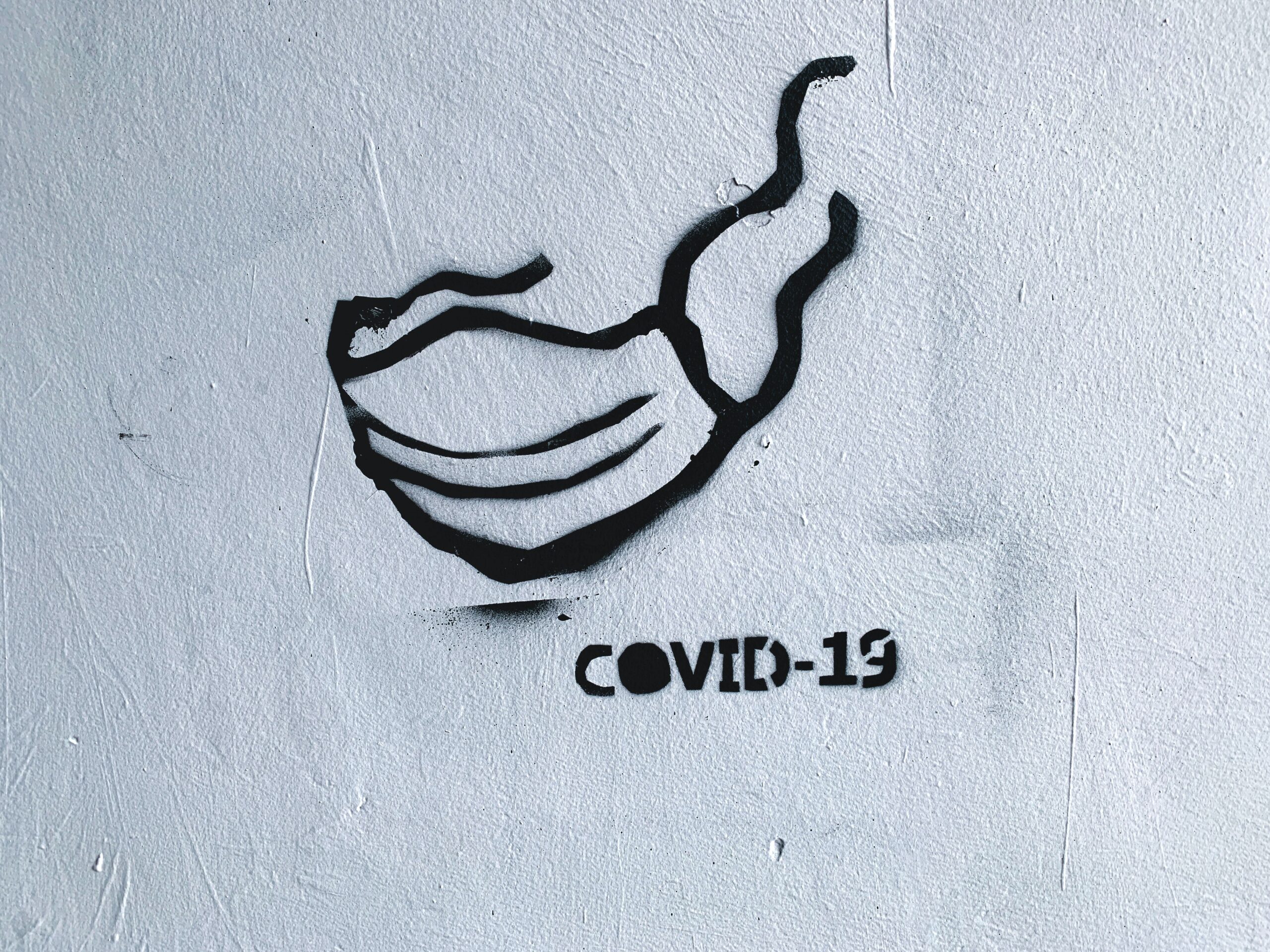There is a nuanced case for wearing a mask in certain outdoor situations, for the health and safety of all.
Last week, a number of articles in U.S. publications questioned whether outdoor mask mandates should be lifted. One such article, published by Slate, argued that mask mandates should end because “briefly passing someone on the sidewalk just isn’t risky” while another, in the Atlantic, asked if outdoor mask mandates were “still necessary.” The New York Times published a piece in the Opinion page that presented several views on the matter—including one that considered the harm of masks on acne-prone skin. Missing from all these articles was the issue of high-risk individuals.
I accept the scientific justification for loosening outdoor mask mandates for those who have received a full vaccination. What I struggle with, however, is trusting that everyone not wearing a mask has actually been vaccinated. As a person living with chronic illness, over the past year I have had to learn to negotiate trust, often in the face of outrageous and risky behavior. So while I don’t expect vaccinated people to continue wearing masks forever, it is unfortunately all too reasonable to expect that there will be unvaccinated people flaunting these new rules.
I feel like EVERYONE is double vaxxed now and going maskless outside, so the fact that I’m not and still wearing a mask makes people assume that I must be an anti-vaxxer.
— Katie Notopoulos (@katienotopoulos) April 28, 2021
Furthermore, we now have enough data to show that some people, particularly those with certain cancers, are at high risk of vaccine failure. Other immune-compromised people might not mount as robust a response to vaccines, including the various COVID-19 vaccines, as healthy individuals. But the debate in the United States has virtually ignored people with chronic illnesses, focusing instead on getting back to “life as normal.”
Following the slew of articles and ensuing social media debate, the Centers for Disease Control (CDC) issued new guidance—smart, nuanced guidance—for fully vaccinated individuals on how to operate outdoors.
“If you are fully vaccinated and want to attend a small outdoor gathering with people who are vaccinated and unvaccinated, or dine at an outdoor restaurant with friends from multiple households, the science shows if you are vaccinated, you can do so safely unmasked,” CDC Director Dr. Rochelle Walensky said during a virtual White House briefing on Tuesday.
This guidance echoes that of epidemiologists and certain commentators like Zeynep Tufekci, who has long argued for a nuanced approach to outdoor masking. Yet on social media, the discourse is still polarized, with many balking at the idea of ending mask mandates for some.
From my perch in Berlin, this debate is fascinating. While some major cities in the United States have required outdoor masks at all times, here in Berlin—and regardless of vaccine status—we are only required to wear them in certain crowded zones; they are listed online and designated with posted signs and spray painted symbols on pavement. Other European locales have taken a different approach: In the Spanish Canary Islands, for instance, masks are required while you’re in movement, but when you’re seated (whether in a park or at an outdoor restaurant), you can remove your mask.
In Germany, only 7.4 percent of the general population has been fully vaccinated (while nearly 25 percent of residents have received their first dose). In Berlin crowded spaces are unavoidable, whether indoors on public transportation or outdoors on busy urban sidewalks. So a policy that might make sense in the wide open spaces of the American Midwest would not necessarily be appropriate in Berlin. Given the global reach and influence of the U.S. media, it seems careless to hyperfocus on the question of outdoor masking, when U.S. policy is bound to have international implications.
A nuanced approach to outdoor masking makes sense. We know that outdoor transmission is rare, and that in open spaces—such as parks are beaches—the likelihood of getting close enough to someone outside of one’s immediate bubble is low. Crowded Berlin sidewalks like those of the Kurfürstendamm are a mask zone, in order to protect all pedestrians equally.
Although the CDC’s guidance doesn’t reference high-risk individuals directly, it does feel designed to protect us. In addition to the aforementioned information, vaccinated individuals are recommended to continue wearing a mask in crowded outdoor settings where unvaccinated people may be present.
And yet, as a U.S. citizen who intends to visit home later in the year, I remain concerned about the polarized nature of the discourse around masks, both outdoors and indoors. The positions put forth in the Atlantic and Slate make sense in a society that can see beyond binaries. But in the United States, where everything seems to be viewed in black and white terms, I’m concerned that unvaccinated people will see an end to mask mandates as a free pass, and that their insouciance will put lives at risk.
We are already seeing numerous American commentators—like Alex Berensen, the conspiracy theorist and former New York Times reporter, and Joe Rogan, the comedian and podcaster—spew misinformation about masks and vaccines. We’ve also seen plenty of Americans simply refusing to wear masks indoors, and a lack of will in some locations to enforce the rules (the same is unfortunately true here in Germany). And so, despite the rapid rollout of vaccinations in the United States, I fear for those of us for whom vaccines are either not an option or might not provide immunity.
What we need is to accept that rules change—and are bound to change again in response to new variants and increasing vaccination rates—and that we might need to continue to adjust our behavior. As Tufekci argues, governments need to adapt their messaging to help individuals understand why they should continue to wear masks in certain situations. And finally, governments and commentators alike need to remember to take into consideration the needs of high-risk individuals. Our lives matter as much as yours, and we shouldn’t be forced to put our lives at risk because you find masks annoying or uncomfortable.



